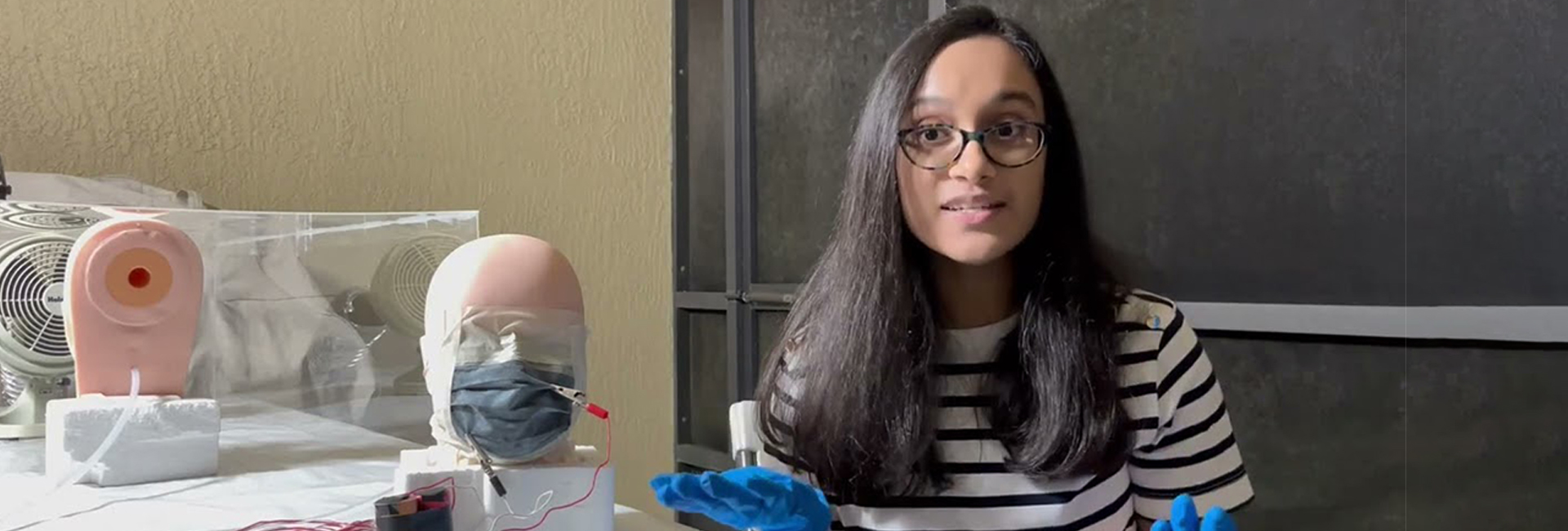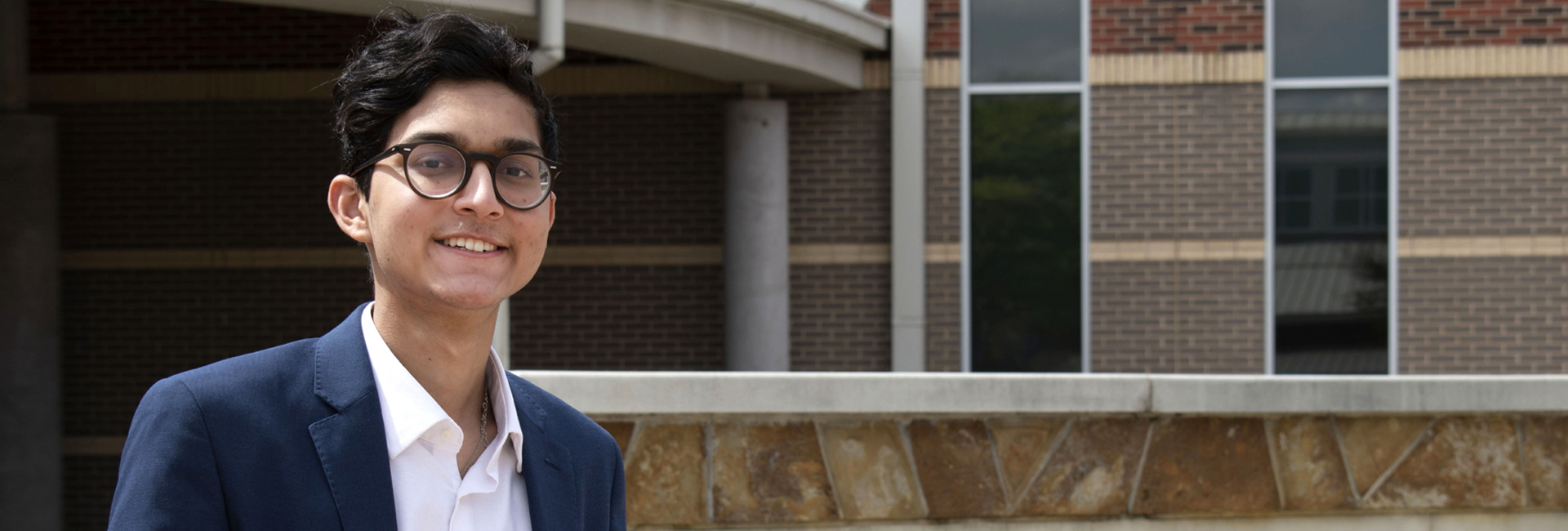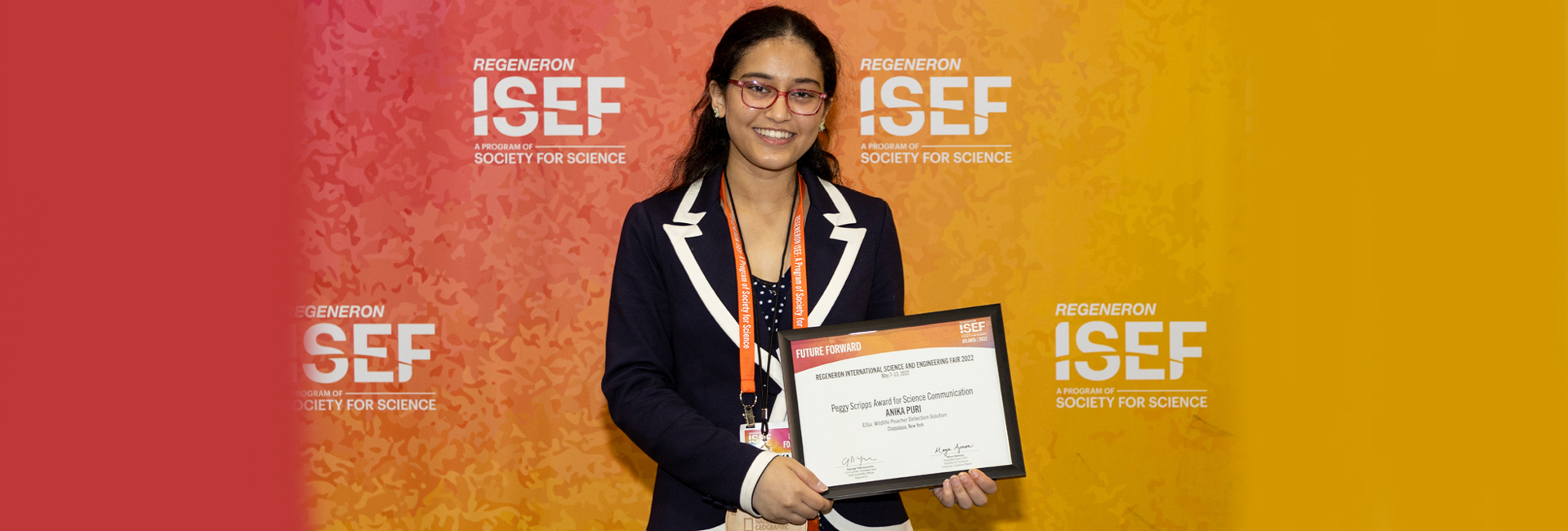(February 10, 2023) “One idea can change your life.” This holds true for Florida girl Ishika Nag who at the age of eight built an elevator to transport her books up to her bunk bed, so she wouldn’t need to go and grab them herself. This was her first foray into engineering, an interest that soon turned into a passion. Despite her curiosity for science as a little kid, she never imagined herself being an engineer until she joined the science and engineering club SECME, with the Southeastern Consortium for Minorities in Engineering, in the seventh grade which changed everything for her. “I absolutely fell in love with engineering and what I could do with just my hands and with my imagination, how I could put that to use and build new things,” the young scientist told EiE. And now years later, the 17-year-old is one of the finalists at the Regeneron Science Talent Search 2023, a prestigious science and maths competition for high school seniors in the US, for developing an engineered face mask with optimised nanoparticle layering for filtration of air pollutants and viral pathogens.
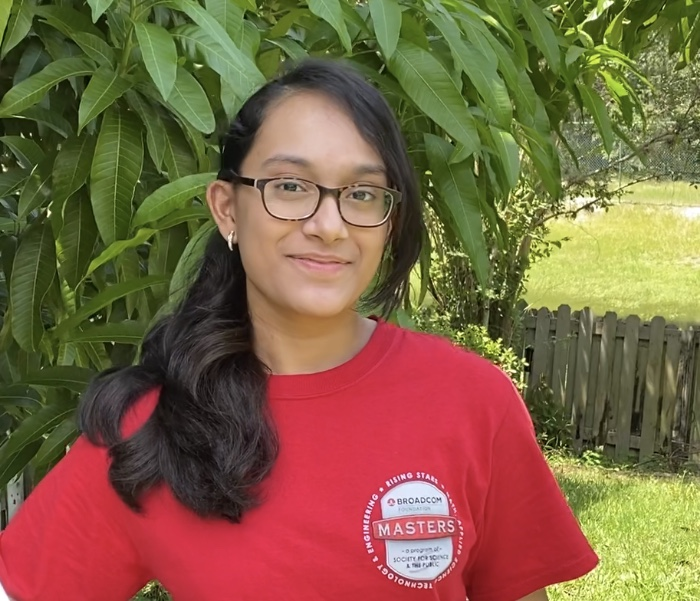
The idea struck her after one of her friends moved to Delhi, and saw the kind of impact it had on her life due to the change in air quality. But it was the global pandemic that convinced the Oviedo High School student to create a low-cost, high-quality filtration device that could protect people from airborne viruses as well as pollution. She began by improving the efficiency and affordability of air filtration devices, like both masks and HVAC filters, by coating them with nanoparticles. Her research showed that this coating improved a mask’s air pollution and virus filtration efficiency while ensuring its safety for human use.
The innovation has catapulted her to be a part of a pool of 40 young scientists from the US who are focused on a wide range of topics from the space race, and AIDS epidemic to climate change. But the seeds of innovation and engineering started germinating at a young age for this Indian American, who began with small engineering projects like creating a pair of tissue paper shoes. Her tryst with SECME turned out to be a game-changer for the teenager who then worked with an all-female team on a car powered by a mousetrap that eventually won them a junior national competition. “I was just so proud of us. So that’s the real-time when it kind of clicked that I wanted to do this for a career,” she added.
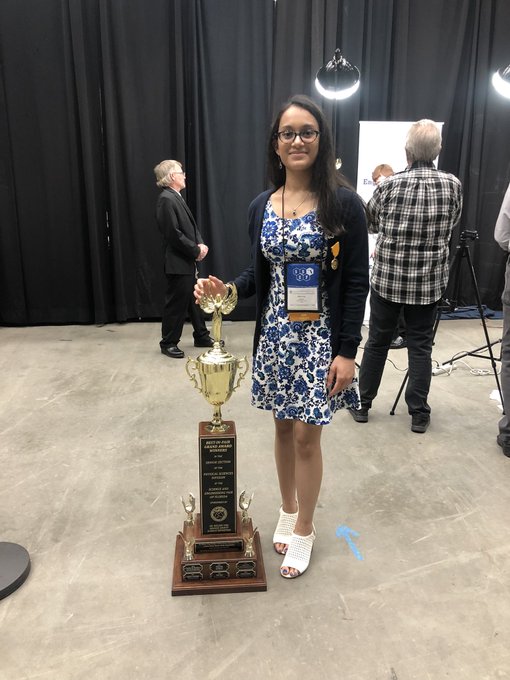

During her SECME classes, the Global Indian began helping and mentoring fellow students who wished to pursue engineering careers but were not as exposed to the fundamentals of science and engineering. This led her to start the Boys and Girls Club, a weekly engineering club for younger students – just three weeks before the pandemic. “I realised that I wanted to help out other kids, too. Maybe some underprivileged kids who didn’t often have the chance to experience the same things I did,” she said, adding, “And I was going there every week for around three weeks, and I was having a great time. But then the coronavirus pandemic happened, and I couldn’t go there anymore. So I started to wonder how I could adapt this project to something that would be more virtual.”
Meanwhile, she was selected by the National Academy of Engineers as an EngineerGirl Ambassador — one of 23 in the nation and the only representative from Florida, and she used the opportunity to reach out to other kids who are passionate about STEM through a virtual camp.
During the process, she noticed that often she was the only girl leader in her community, and was keen to inspire other girls to learn about engineering. This led to her starting her camp Gear Up. “Initially, I was a little unsure about what response I would get from the kids, because, you know, it was my first time doing this and I had never really done something of this scale before,” she said. However, after getting nods of approval from many girls, she was happy to take the leap of faith, and help inspire more girls toward STEM education. ” I hope to stimulate their bright minds with creative engineering challenges. In addition, they would also learn teamwork, effective time management, and communication skills. By exposing them to the field of science and careers in engineering, I hope to see more girls in the field of engineering, especially ones from underprivileged backgrounds.”

